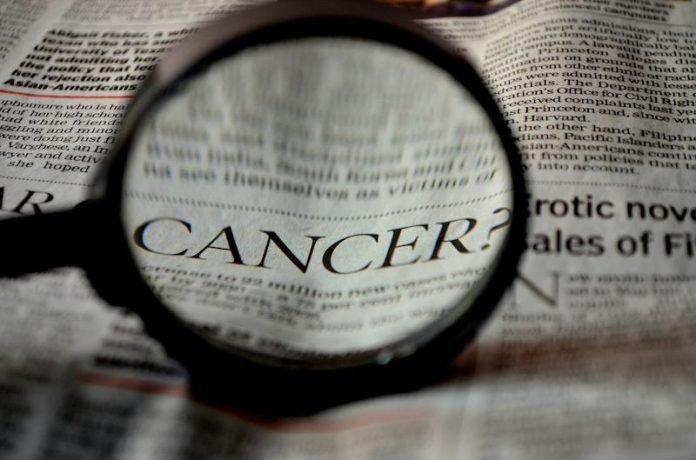
Scientists from Cedars-Sinai Cancer found a novel immune checkpoint pathway to treat hepatocellular carcinoma, the most common form of liver cancer.
This finding, coupled with existing immune-boosting therapies, provides a new frontier for liver cancer treatment strategies.
The research is published in Cancer Discovery and was conducted by Ekaterina Koltsova et al.
The findings focused on the discovery of a novel role for the IL-27 signaling pathway in liver cancer
Previous research suggests the IL-27 pathway may play an important role in the immune response to various inflammatory diseases.
However, this is the first time scientists have identified this new mechanism in liver cancer.
They found that disrupting the IL-27 pathway in mice prevented liver tumors from growing.
This discovery supports the idea of therapeutic antibodies or other molecules to block the IL-27 pathway, and in turn, activate an anti-cancer immune response in liver cancer.
The aim is that activating the immune response will enable a liver cancer patient’s immune system to kill the cancer cells.
Patients with liver cancer, including hepatocellular carcinoma, do not frequently respond to immunotherapies, and survival rates remain low.
Although preventive approaches aimed at treating hepatitis B and C will potentially curb a proportion of new cases, liver cancers caused by environmental toxins and fatty liver disease are on the rise.
Researchers suggest liver disease and cancer are rising because of the increased prevalence of fatty liver disease, coupled with the epidemic of obesity and Type 2 diabetes as well as individuals’ increased exposure to environmental toxins and pollutants.
In the study, researchers focused both on laboratory research conducted in mouse models testing the IL-27 pathway and on samples collected from patients with liver cancer.
Their data suggest that blocking the IL-27 pathway and combining the right immunotherapy may provide a new therapeutic strategy in liver cancer.
This advance may also provide new opportunities for preventive approaches in high-risk patients with non-alcoholic liver disease and liver fibrosis who likely will develop common liver cancer.
If you care about liver health, please read studies about a new therapy for fatty liver disease, and 5 big myths about liver detoxing you should know.
For more information about liver disease, please see recent studies about oral diseases linked to a 75% increase in liver cancer risk, and results showing common beer plant may help treat colon and liver cancer.
Copyright © 2022 Knowridge Science Report. All rights reserved.



